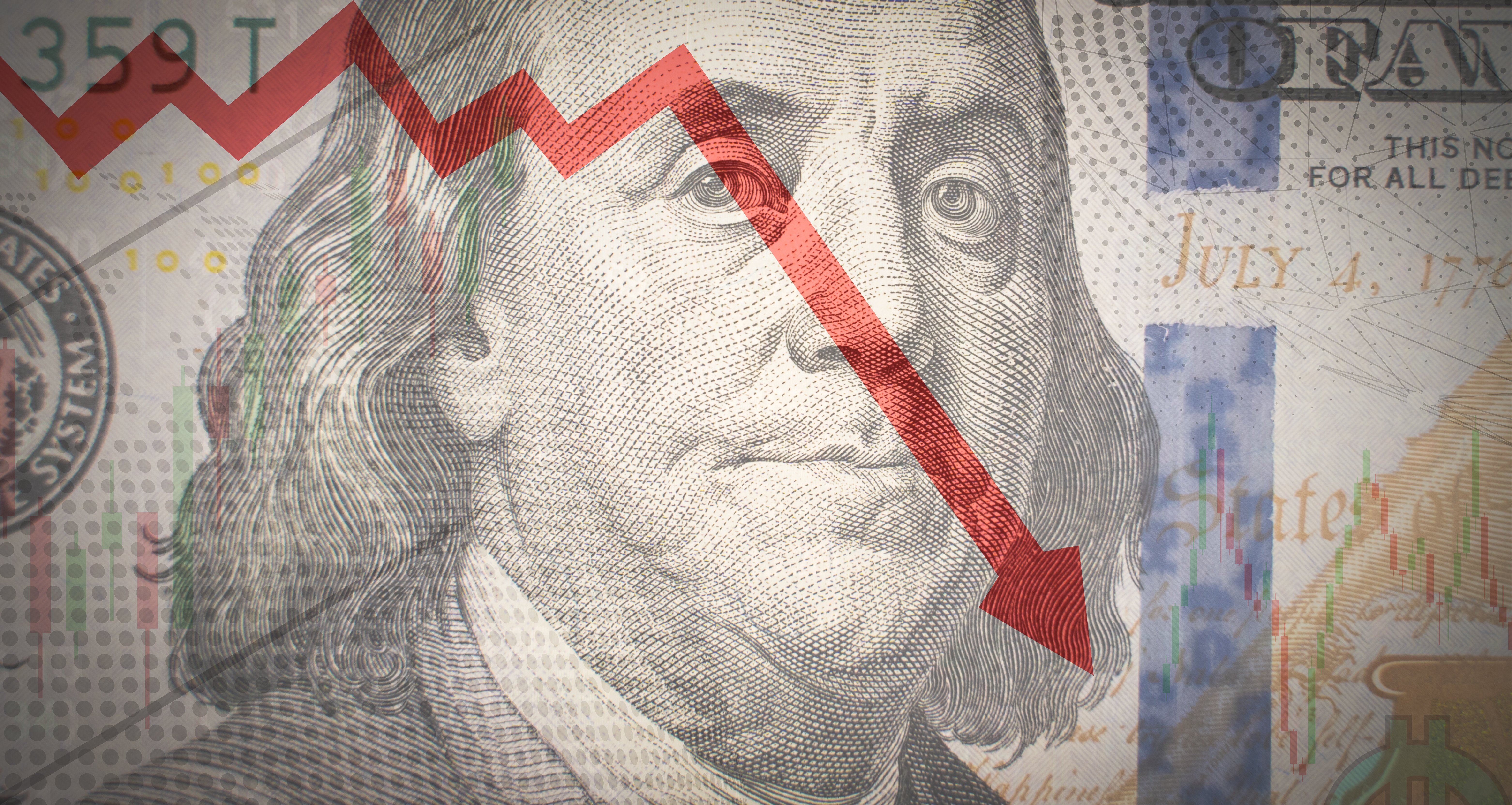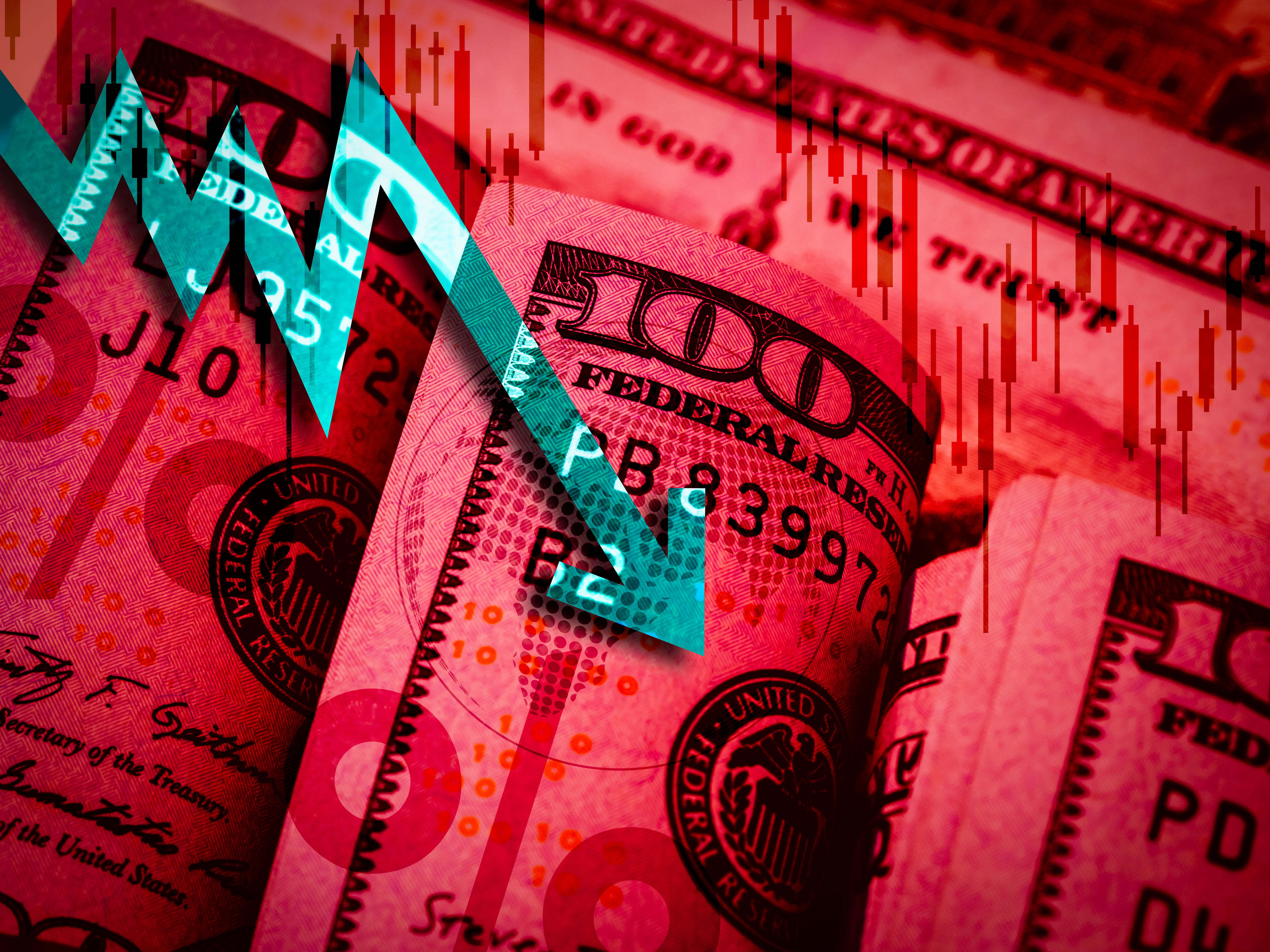On Jan. 28, 2026, EDF said it plans to repair cracked pipes at its Civaux nuclear power station next...
Join Our Newsletter List
Never miss the latest strategies for protecting and growing your wealth.
Join our mailing list.
Actionable Insights From The Top Money Experts
We bring you the insights of the world’s top money experts and then connect you with like-minded, independent, trustworthy professional financials.
In its Q4 Gold Demand Trends, the World Gold Council reports total ’25 gold demand exceeded 5kt for ...
Silver’s rally isn’t just showing up in price action—it’s showing up in the tape. According to a Min...
The U.S. dollar sank to a four-year low after President Trump shrugged off concern over recent dolla...
Equinox Gold announced it has completed the sale of its Brazil operations for total cash considerati...
Voicing displeasure South Korea’s parliament has failed to enact the bilateral trade agreement Presi...
November personal income rose 0.1% (vs. +0.4% est.) and personal spending increased 0.3% (vs. +0.1% ...



.jpg)


-Jan-27-2026-10-19-13-9833-PM.jpg)


.jpg)

.jpg)
.jpg)